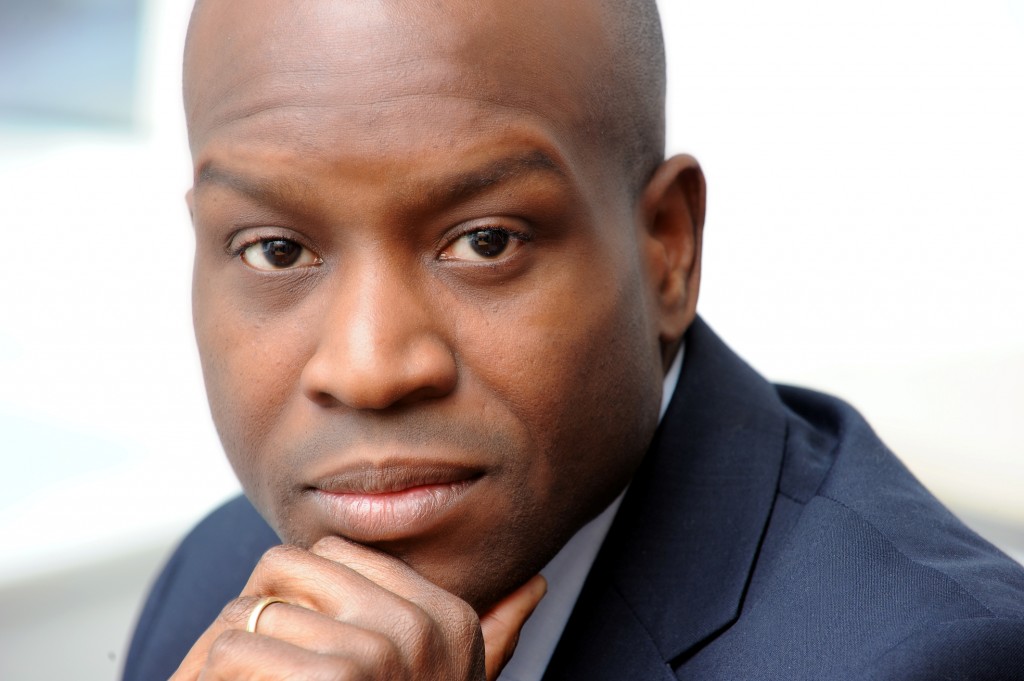CASE STUDY | Sky’s the Limit for Careers in Africa
Published On: Tuesday, 28th Oct 2014

“The opportunities to go all the way to the top of your career in Africa are unlimited, but if you want to be successful two things are essential; go with an open mind and try to understand the cultural context in which you are working. Second, if you are going independently rather than being posted by a UK parent company, you must have sufficient resources to cover your social needs, especially housing and healthcare. Preparation will ensure that your dreams are fulfilled,” said Ernest Poku, Asset Manager at Ophir Energy, who has held two senior roles in Ghana.
Ernest graduated from Bristol University with a degree in Mechanical Engineering and initially worked as a drilling engineer for British Gas Exploration and Production. He then formed a consultancy offering technical and commercial services to oil exploration companies Shell and BP. In 2001 he won a Sainsbury Management Fellows MBA scholarship and took his MBA at Erasmus. This gave him the business skills to become an entrepreneur and set to up Crescent Diagnostics, a medical diagnostic company that invented award winning devices that predict fracture risk.
The chance to work in Africa came via Ernest’s connections on LinkedIn. “I was considering my career options when a headhunter contacted me through a group focusing on Africa. The headhunter thought my background was a good fit to run a subsidiary of a British-owned engineering company based in Ghana. After extensive interviews in the UK, and a visit to Ghana to meet customers, I was delighted to be hired – it had never occurred to me that I could work in a senior post in Ghana in my chosen field. Apart from the attraction of working in a fast-growing economy, having Ghanaian parents meant there was a strong pull towards the country.
“I worked for the Ghana-based engineering firm for one year where I managed 25 staff. We supplied mechanical engineering products to the upstream oil and gas industry and I regularly travelled to Ivory Coast, Togo and Nigeria to meet customers and discuss their needs. I didn’t realise just how much I would have to travel by plane to visit different cities – the road network is poor in West Africa; motorways between cities are rare. A key part of my job was demonstrating to customers that the products and services they required could be sourced in the region rather than ordering from the EU or USA. When that contract ended, my original headhunter helped me secure the role of Country General Manager at Ophir Energy, an oil exploration company based in Accra, the capital of Ghana.
“Working in West Africa has its pleasures and issues. Operating a company in Ghana requires a more vertically integrated approach than in Europe. We had to develop our own water and electricity supply, construct buildings and develop good logistics infrastructure to secure the materials we needed to run the facility.
“I was surprised by the large number of local university graduates and the relative lack of skilled technicians. We found it challenging to recruit high quality skilled builders, masons, carpenters, machinists and mechanics and implemented our own in-house training programmes. The Ghanaian government is keen to encourage local involvement to ensure that the oil companies operating in Ghana do not solely use expatriate labour. Landmark legislation aims to have 90% local participation in the oil industry within a decade.
“In terms of acclimatising to the new business culture, I encountered two other key differences. Running a highly unionised company was testing, with tense industrial relations and negotiations, especially on pay. The other revelation was that a strong focus on team building and collaborative approaches is necessary to ensure everyone works towards a common goal.
“Although there are challenges, if you have a passion to work in Africa, I’d say do it. It is well worth any trade off you might make and I have gained a great deal from the experience, both personally; getting closer to my heritage, and acquiring new professional skills. The quality of life is great; locals and the expat community are welcoming so you soon make friends. Social life is great, with lots of outdoor leisure pursuits and the weather is warm all year round.”
Ernest has since relocated to Ophir Energy UK HQ where he is Asset Manager in charge of all operations in Gabon, Central Africa. He spends three weeks per month in the UK, working with a team of finance, legal and commercial staff to manage assets, and one week per month in Gabon working alongside his European manager (an expat) and local staff. The experience in Ghana equipped Ernest with a range of skills that enables him to deal effectively and efficiently with complex government bureaucracies, a task he believes would be a struggle had he not gained invaluable experience in Ghana.

